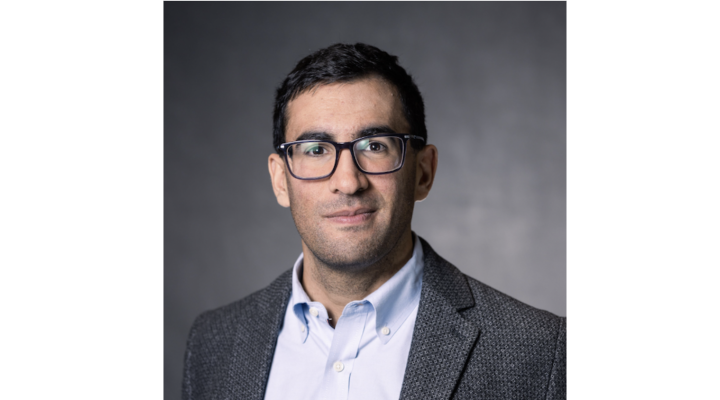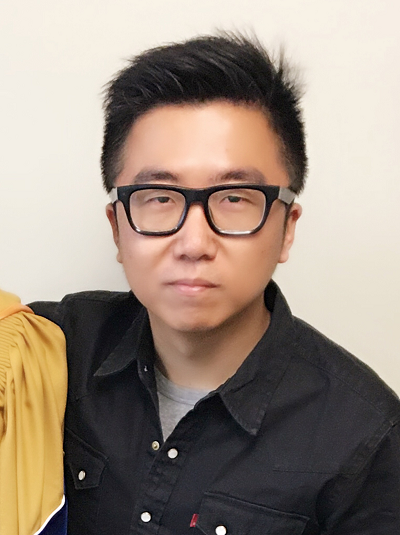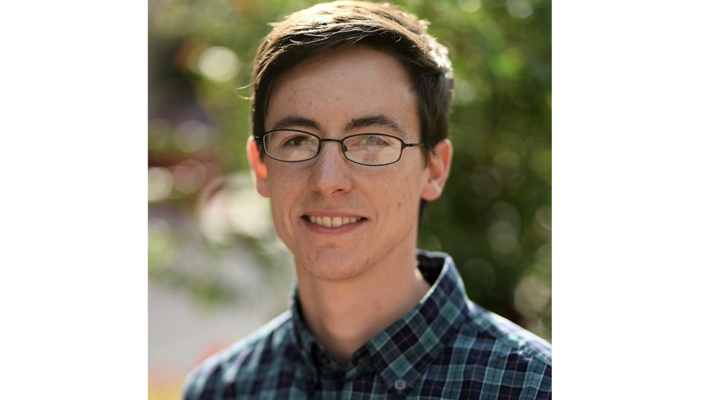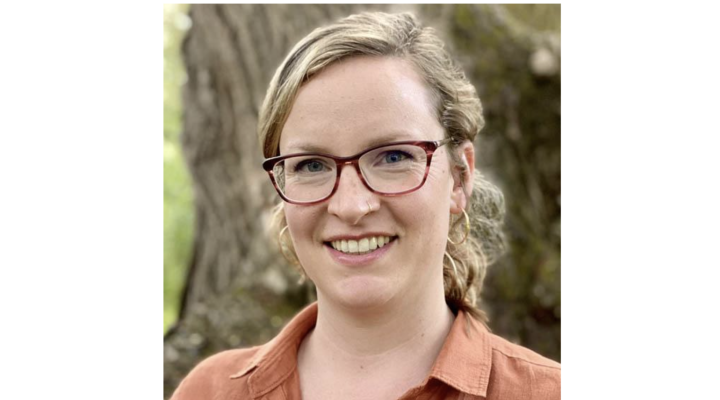Even after earning his undergraduate degree in software engineering from Nankai University, Cheng Zhang did not think he would ever go on to be a professor anywhere. Instead, he viewed his computer science degree as a strong general purpose degree that would help him find a good job in industry.
Ten years later, Zhang has joined the faculty of Cornell as an assistant professor in information science.
In the years between his undergraduate studies and today, Zhang discovered his love of research. “The first research I did was as a Masters student at the Institute of Software at the Chinese Academy of Sciences,” says Zhang. “I attended a conference on ubiquitous computing during my Masters studies and had the great luck to go out to lunch with Dr. Gregory Abowd, who later became my Ph.D. advisor.” It is not an overstatement to say that that lunch changed Cheng Zhang’s life.
Before that lunch, Zhang was not sure he was qualified to attend a top rated Computer Science program in the United States, (such as the one at the Georgia Institute of Technology, where Dr. Abowd was a professor.) But Dr. Abowd gave Zhang the first of many important pieces of advice. “He told me, ‘Don’t reject yourself—let other people do that.’”
Zhang applied and was accepted. He spent six years in Atlanta and earned his Ph.D. in computer science in the Ubicomp Lab. Zhang’s research focus at Georgia Tech was on enabling “seamless exchange of information among humans, computers, and the environment, with a particular emphasis on the interface between humans and wearable technology.”
Zhang sums up his Ph.D. years this way: “I built stuff. For me, Information Science and Computer Science research has to address real world challenges—it is interdisciplinary and it is applied. I want my research to solve problems. And to solve problems, I need to build stuff.” Zhang’s Ph.D. thesis presented ten novel input techniques for wearables, some of which relied on new hardware developed by Zhang.
At Cornell, Zhang will continue his work on ubiquitous computing and human-computer interaction (HCI). “Not everybody wants to buy wearables now,” says Zhang. “So far, the interactions are just not good enough. Phones and other devices are not really on our bodies in the same way that clothes would be, or glasses. Wearables are still missing that one “killer” function that would show people the value.”
In the fall semester of 2018 Zhang will teach a seminar class called Future User Interfaces. “I enjoy working with students,” says Zhang. “The opportunity to teach excellent students and to work with colleagues as strong as the people are here at Cornell is what made me decide to apply for a tenure-track position to begin with.” Zhang is looking for both undergraduate and graduate students to join him in his lab. “In the first year of my Ph.D. program I kept going to my advisor to ask him what he thought about my ideas. He finally asked me, ‘why do you care so much about my opinion? Do what you want to do and prove me wrong.’”
Zhang says he will give the same advice to his students.





